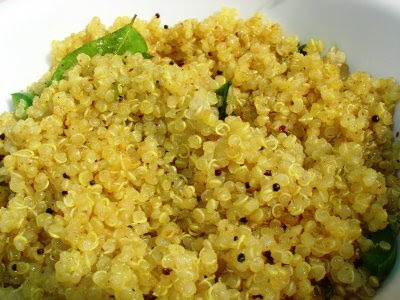Having sex every day improves sperm quality and could boost the chances of getting pregnant, research suggests.

In a study of men with fertility problems, daily ejaculation for a week cut the amount of DNA damage seen in sperm samples.
Speaking at a fertility conference, the Australian researcher said general advice for couples had been to have sex every two or three days.
Early results from the trial had already shown promising results.
| Dr David Greening Sydney IVF |
But 118 men have now been tested and the benefits for sperm have become clearer.
Dr David Greening, from Sydney IVF, told delegates at the European Society for Human Reproduction and Embryology meeting that eight in ten men taking part showed a 12% drop in sperm DNA damage after the seven days.
Although there was a big drop in sperm numbers from 180 million to 70 million over the week, men were still within the normal "fertile" range.
Sperm also became more active over the seven days with a small rise in motility, he added.
Damage
The theory is the longer sperm hang around in the testes the more likely they are to accumulate DNA damage and the warm environment could also make them more sluggish after a while.
Sperm come under attack by free radicals - small reactive molecules which can damage DNA and cause cell death - in the tube that stores and carries sperm away from the testes.
Further work is needed to work out if daily sex for men without fertility problems has the same benefits but Dr Greening believes it is likely to be the case.
He warns that having daily sex for too long - say a fortnight - would probably cut sperm numbers too much.
But recommended "lots of sex daily" around the time the woman is ovulating.
He said it was best to "keep the river flowing".
As men age they may not have as much sex as they did when they were younger, adding to the problem of infertility, Dr Greening told delegates.
"We are designed to breed in our youth.
"Perhaps we have been blaming the women as couples get older but perhaps there's a contribution from the male because we're not behaving as we should be."
The findings may also have implications for couples undergoing IVF as men are commonly told to abstain from sex for a couple of days to try and boost sperm numbers.
Dr Alan Pacey, a fertility expert at the University of Sheffield, said the finding that daily ejaculation improved the chances of conception was interesting, but it would be wrong to apply the results to all men.
"For example, in cases where men have low sperm counts to start with, daily ejaculations may well reduce the sperm count still further and whilst sperm may be more healthy the reduced numbers could impede the chance of natural conception.
"The best general advice is that if couples are attempting to conceive naturally, intercourse every couple of days will make sure the sperm are as healthy as possible on each occasion.
"However, in preparation for IVF or ICSI treatment, this advice may well change in response to medical test results like DNA damage measurements."
Reference:
http://news.bbc.co.uk/2/hi/health/8125934.stm























